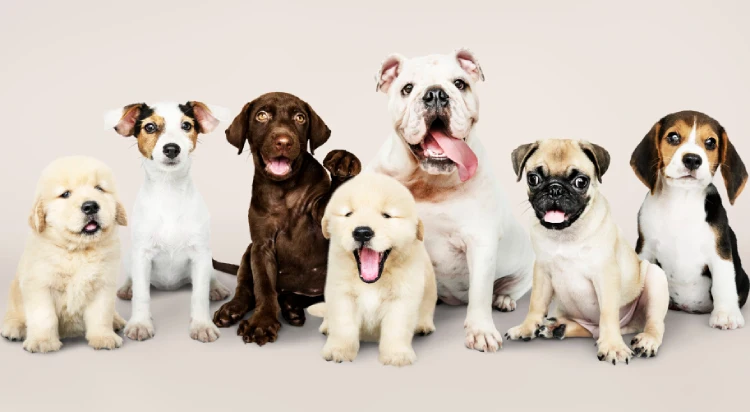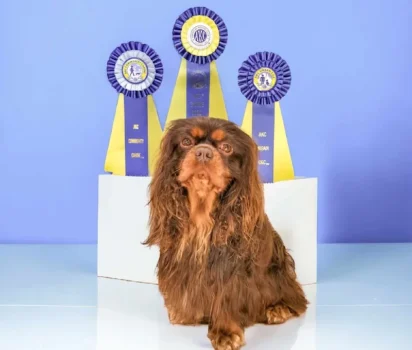The American Kennel Club (AKC) dog shows are a celebrated tradition that showcase the best of purebred dogs across the United States. These shows are more than just a competition; they represent the pinnacle of breeding excellence, adherence to breed standards, and the deep bond between dogs and their owners. Among the many breeds that grace these prestigious events, the Cavalier King Charles Spaniel holds a special place due to its charming personality and elegant appearance.
However, a significant controversy exists within the Cavalier community—specifically concerning the chocolate Cavalier King Charles Spaniels. Despite being registrable with the AKC, chocolate Cavaliers are not allowed to compete in conformation shows. This limitation raises important questions about breed standards, genetic diversity, and fairness in the world of dog shows.
The History of Color Limitation
Historically, Cavalier King Charles Spaniels were recognized in a variety of colors, including the rare and beautiful chocolate. However, in recent decades, the colors eligible for conformation competitions have been restricted to four: Blenheim, Tricolor, Black and Tan, and Ruby. This decision, driven by the parent club, has led to the exclusion of chocolate Cavaliers from the show ring. The AKC maintains that it follows the directives of the parent club regarding breed standards, but this stance appears contradictory since chocolate Cavaliers can still be registered.
The Impact on Genetic Diversity
The exclusion of chocolate Cavaliers from conformation shows has far-reaching implications for the breed’s genetic diversity. Limiting the breed to just four colors narrows the gene pool, which is already a concern for the health and longevity of Cavalier King Charles Spaniels. Genetic diversity is crucial for reducing the prevalence of hereditary diseases and maintaining the overall vitality of the breed.
Breeders who produce chocolate Cavaliers face a dilemma. They adhere to breeding standards and produce healthy, well-tempered dogs, yet their chocolate puppies are barred from the conformation ring. This restriction not only diminishes the opportunities for these dogs but also perpetuates a cycle where breeding decisions are influenced by color restrictions rather than health and temperament.

Dog shows. Image from Freepik.com
The Injustice of Exclusion
Many breeders and enthusiasts argue that in this day and age, color should not be a barrier to competition. The ability to register chocolate Cavaliers with the AKC yet disallow them from conformation shows is seen as inconsistent and unjust. These dogs are every bit as much Cavalier King Charles Spaniels as their Blenheim, Tricolor, Black and Tan, and Ruby counterparts.
Moreover, the frustration among breeders is palpable. They invest significant time, resources, and love into their breeding programs, only to see a portion of their puppies excluded from the show ring based solely on color. This situation is particularly ironic given that many of the winning Cavaliers in conformation shows can and do produce chocolate offspring, who then cannot follow in their parents’ pawsteps.
Ana of West Coast Cavaliers passionately states, “It’s disheartening to see our chocolate Cavaliers being treated as second-class citizens within the breed. These dogs have the same lineage, the same standards, and the same potential. They deserve to be celebrated, not sidelined.”
Moving Towards Inclusivity
The time has come for a reassessment of these color restrictions. Modern breeding practices and a deeper understanding of genetics should guide the evolution of breed standards. Allowing chocolate Cavaliers to compete in conformation shows would not only acknowledge their rightful place within the breed but also enhance genetic diversity and promote the health and well-being of all Cavaliers.
In conclusion, the AKC dog shows are a cornerstone of the purebred dog community, but the exclusion of chocolate Cavalier King Charles Spaniels from conformation competition is a lingering injustice. By re-evaluating and updating breed standards to include all colors, the AKC and the parent club can ensure a fairer, healthier, and more inclusive future for this beloved breed.








